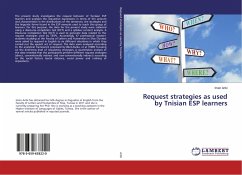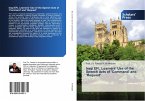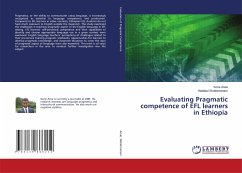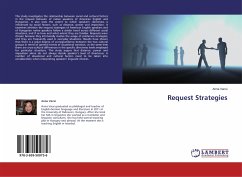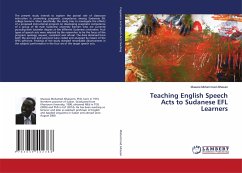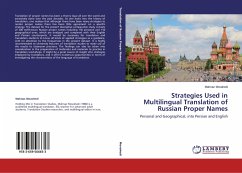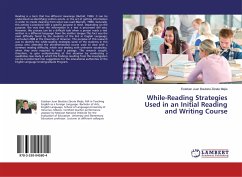The present study investigates the request behavior of Tunisian ESP learners and analyzes the requestive expressions in terms of the amount and characteristics in the distributions of the sentences, the strategies and the linguistic forms found in the ESP manuals used to teach this group of learners. For this purpose, the data for the present study were collected using a discourse completion test (DCT) and a syllabus content analysis. A Discourse Completion Test (DCT) is used to generate data related to the request strategies used by TESPL. Accordingly, 67 professional masters' students studying at the Faculty of Letters and Humanities in Sfax (Tunisia) were asked to respond in English to six different situations in which they carried out the speech act of request. The data were analyzed according to the analytical framework proposed by Blum-Kulka, et al (1989) focusing on the directness level of requesting strategies. A quantitative analysis of the data revealed that the participants perform different request strategies (direct, conventionally indirect and non-conventionally indirect) according to the social factors (social distance, social power and ranking of imposition).
Bitte wählen Sie Ihr Anliegen aus.
Rechnungen
Retourenschein anfordern
Bestellstatus
Storno

